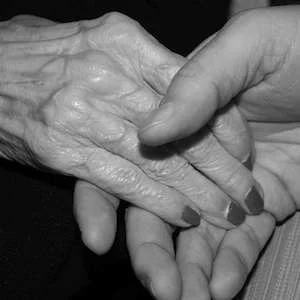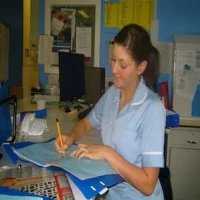According to two experts on palliative care, the recent guidelines from the National Institute for Health and Care Excellence (NICE) on care of the dying provides evidence but not much help at the bedside.
Jonathan Koffman and Katherine Sleeman, from the Cicely Saunders Institute in London said in an interview at the London Science Centre, that the 266-page guideline from NICE may be comprehensive but is not a substitute for the Liverpool care pathway which was abandoned in 2013 due to a lack of strong evidence for its benefits or harms. Since its demise, acute trusts have no particular guidance over adult palliative care.
The Liverpool care pathway ended up being nothing more than a tick box. It was inconsistently interpreted and was often blamed in the media for poor care. However, in its absence there is very little guidance left for doctors. Half of all deaths occur in the hospital but no training is provided to doctors or nurses on how to handle the dying.
Dying patients are
not a vocal constituency, said Koffman, and their family members do not often
wish to dwell on their loved ones’ last days. But he cited the words of Cicely
Saunders: “How people die remains in the memory of those left behind.”
Sleeman points out that medical students are unprepared for patient deaths since their entire education is designed towards making the effort to save lives. Most have no personal or professional experience of death and only about 19 percent of trusts mandate palliative care training for their staff as reported by the Royal College of Physicians.
Sleeman also says that approximately 63 percent of deaths require palliative care but it is difficult to determine how many actually get it. More training and better research is required to determine what works best. Only about 0.1 percent of medical research budgets is allocated to end-of-life care despite the fact that several studies have shown that palliative care improves survival. This means that better-trained doctors who provide effective palliative care could help patients more towards the end and could even prolong their lives.
When asked to comment if doctors need a new Liverpool care pathway, Sleeman said: "We do need something - not as structured as the Liverpool care but maybe a short series of prompts".
Source: British Medical Journal
Image Credit: Pixabay










